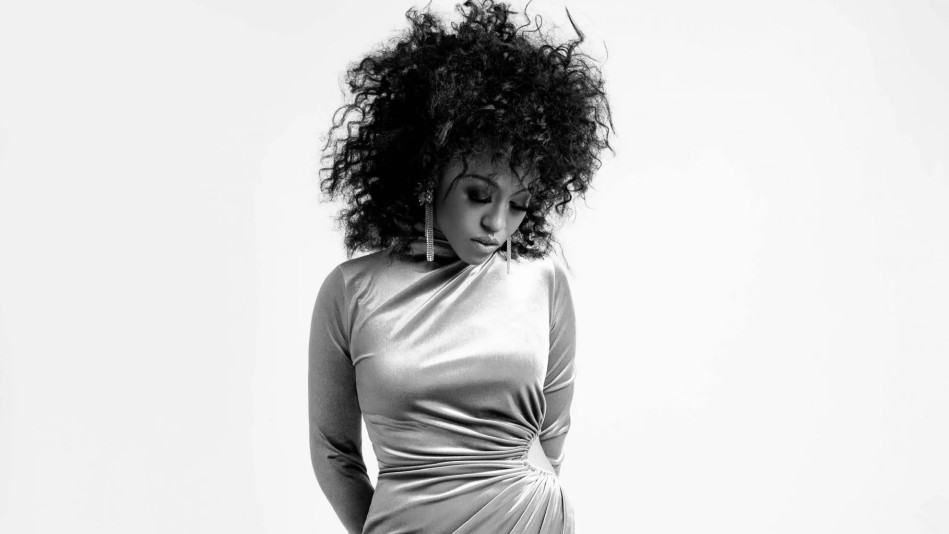
Dawn-Lyen Gardner Speaks Her Truth
She says, "We're at the beginning of the evolution of the entertainment industry. As difficult as it may be moving through some of these important wounds, it's absolutely necessary for true healing and transformative shifts." She is conscious of her impact and role in the entertainment industry and candidly speaks of advocacy, radical love and personal healing.
Eloquent and deeply connected to her center, Gardner commands the set as Charley Bordelon West, one of the lead protagonists in Ava DuVernay's award-winning series, Queen Sugar.
The American television drama is creating transformative conversations one episode at a time. She thoughtfully explains, "There has been a sort of beautiful space that's emerged. It has allowed this merging expression of values, beliefs and politics that might have actually gotten people blacklisted in past years."
Gardner's own personal journey occurred perhaps even before she was conscious of it happening. Both her parents modeled activism at home and were extremely involved in their community. "I didn't realize this, but I was taking in and absorbing a lot of that from pretty early on," she recalled. Starting when he was 20 years old, Gardner's father ran the Community Justice Center, and her mother wrote grants in addition to other community work. "They were just in that work. But they never really talked to us about it; they just lived it," she said.
At 14 years old, a family trip to India changed Gardner's life. She remembers specifics of that time vividly. "From that point forward, I was different in the world and asking a different question of myself. I remember it was like all of these dots got connected for me," she said. Gardner remembers seeing homeless children her age and thinking, "You're my age. You are begging. I'm not. I know that I don't know how to understand your situation, because I'm not in it—and because I'm not, I must help you. That's just a part of being human."
Gardner's firsthand experience of this injustice left a lifelong impression. "I remember reaching for my fanny pack and wanting to give money," she recounted. "I was told that you actually can't because you'll be part of the system of beggars. This system where that money won't even go to him, it'd go to some sort of pimp-type person who makes beggars beg. Then they never see the money. It was before Slumdog Millionaire, before we understood how that system works. Everything shifted for me. It was something about the idea of responding. It just shifted my world and just woke me up.”
Click here to read the full story on LAStyleMagazine.com.











